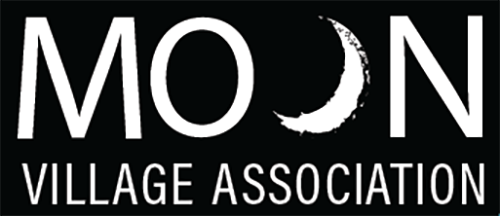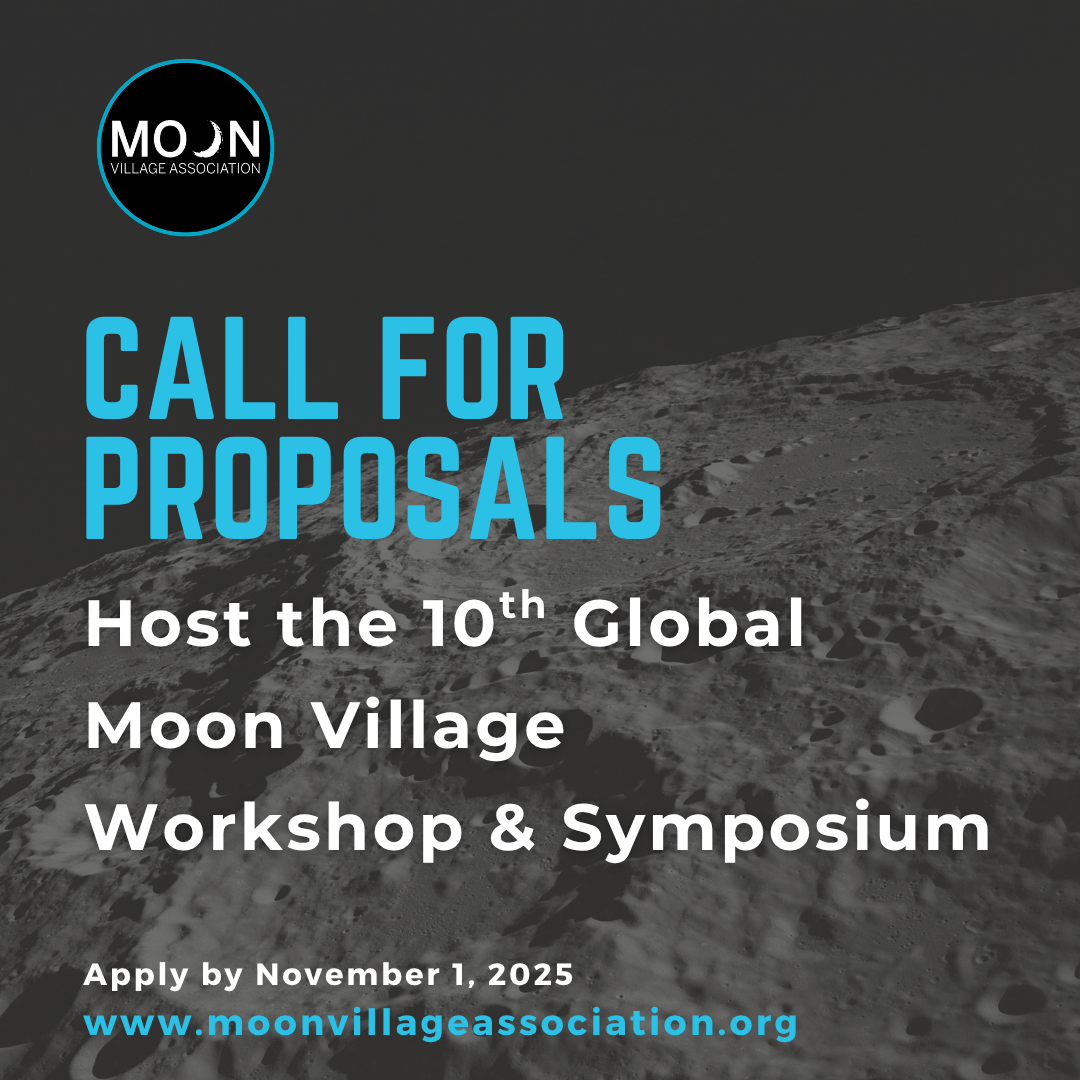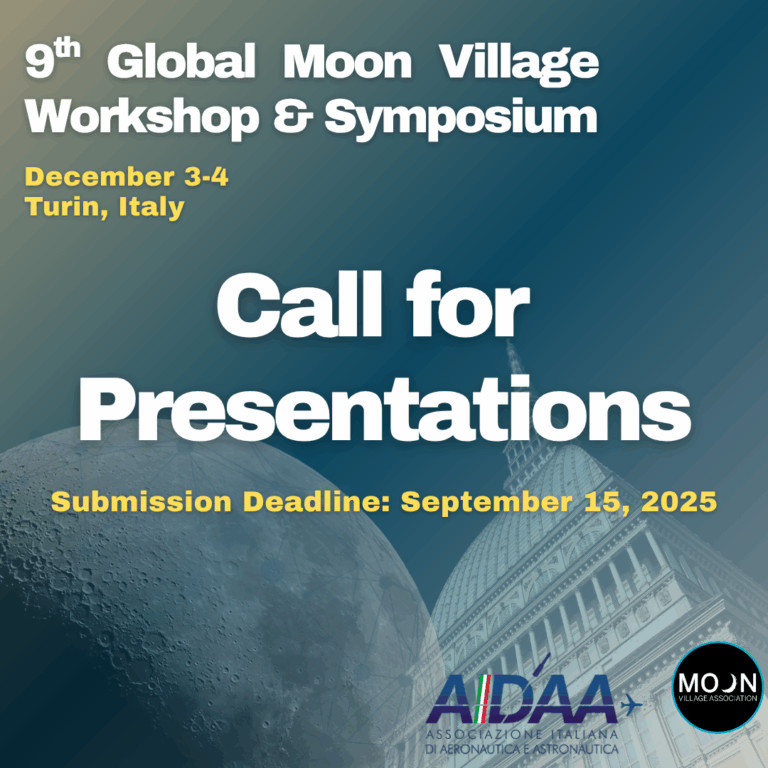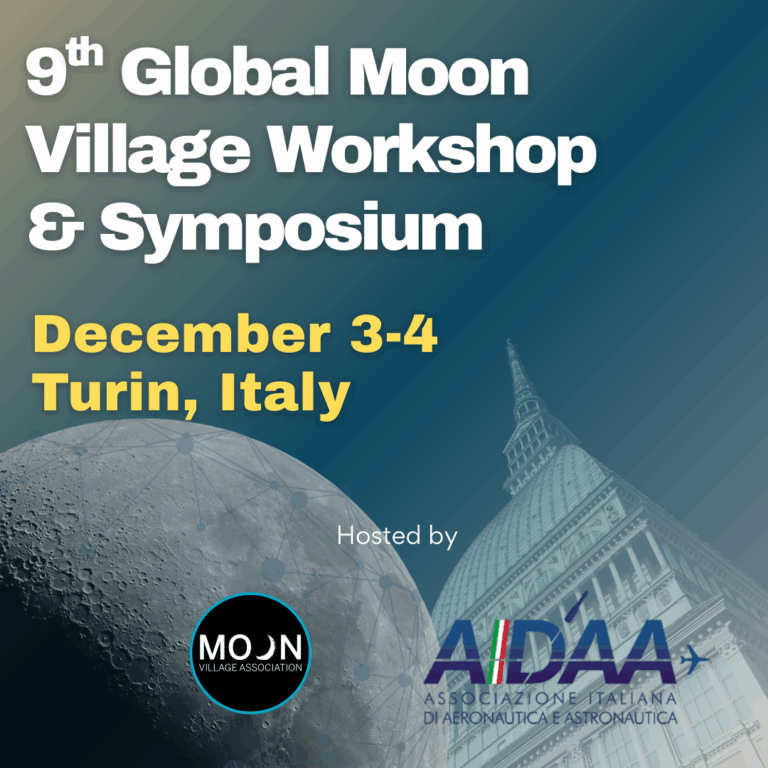No products in the cart.

Global Expert Group on Sustainable Lunar Activities (GEGSLA)
Status
- Kick-off meeting took place on February 25, 2021
- Call for Observers and Sponsors is now open
What is the GEGSLA?
The near future will see a multitude of lunar missions through the efforts of both space agencies and commercial stakeholders. The current lack of coordination mechanisms for lunar activities presents a serious challenge to future missions and could lead to dangerous conflicts, especially in light of the increased global interest in specific areas like the lunar south pole. The need to preserve the peaceful uses of space, together with the desire to begin a new era of sustainable space exploration, urges the development of a common level playing field for upcoming lunar activities.
A number of issues must be addressed to ensure sustainable lunar exploration and settlement in and around the Moon, including, for example, mitigating the creation of debris in lunar orbit, defining standards to enable interoperability, and regulating access to natural resources.
In 2019, the Moon Village Association (MVA) created an international platform to address these critical issues with the goal of de-risking future lunar missions and increasing global cooperation for lunar exploration and settlement. The initial work of the MVA resulted in the publication of the first edition of its Best Practices for Sustainable Lunar Activities on 5 March 2020 for public consultation. The MVA hosted several public webinars, as well as informal discussions with experts from space agencies from all continents. These consultations resulted in the publication of the second edition of the Best Practices on 19 October 2020. This document will evolve in the future and is intended as an input for further elaboration. The current version of the Best Practices is available at https://moonvillageassociation.org/best-practices-for-sustainable-lunar-activities-issue-1/
The positive feedback received on the Best Practices from several space agencies has encouraged the MVA to continue its endeavors to foster an appropriate platform for a global discussion on sustainable lunar activities. Therefore, the MVA has decided to promote the development of a neutral forum for multi-stakeholder discussions on lunar exploration: the Global Expert Group on Sustainable Lunar Activities (or GEGSLA).
The goals of the GEGSLA are to prepare materials (described more fully below) that will be submitted to the United Nations Committee on the Peaceful Use of Outer Space (UNCOPUOS), where the MVA has permanent observer status, to support the Committee’s discussions and deliberations on critical issues surrounding increased lunar activity.
In order to achieve its goals, the Group intends to:
- Leverage contributions from major stakeholders of the space community, including space agencies, private companies, academia, and international organizations.
- Involve the public by promoting outreach efforts regarding the activities of the Group through the involvement of local actors at the global level.
- Serve as a platform to exchange information and views within the space community on key issues for the peaceful and sustainable conduct of lunar activities.
- Support complementary activities, within UNCOPUOS or other international fora, for the development of an international framework regulating space resources utilization.
The Group
The Group will consist of major stakeholders in lunar activities including representatives from space agencies/government, industry, international organizations, academia, and civil society.
The Group will be composed of members and observers.
Members and Observers of the Group will participate on a personal basis and any views expressed at the meetings or by the Group do not represent the position of organizations to whom members may belong. MVA membership is not required.
Platform for the Group
The activities of the Group will be hosted by the Moon Village Association, with the possibility of creating various ad hoc consortia at a later stage as the Group sees fit.
Management of the Group
The Expert Group will be serviced by a Secretariat embedded in the MVA. The Secretariat will consist of the Group’s Chair, the three Vice-Chairs, the Executive Secretary, and relevant management support. One Vice-Chair will be drawn from each stakeholder group: government, industry, and academia. The Executive Secretary is the President of the Moon Village Association.
The Secretariat will liaise with the members/observers of the Group, maintain a dedicated website and social media, organize meetings, lead discussions, and prepare documents.
The Chair, the Vice-Chairs, or Executive Secretary will represent the Group in external events.
Most of the activities will be carried out through electronic means (email, conference calls, etc.). With the agreement of the Group’s members, face-to-face meetings may be held during major events, such as the IAC or MVA Annual Workshop in 2021 or 2022.
Substantive decisions within the Group will be taken by its members. As a general rule, the Group will operate by consensus. However, the Chair may submit certain issues to the approval of the members through a qualified-majority vote, when necessary.
The Chair and the Executive Secretary will not count as members.
The working language of the Expert Group will be English.
Sub-Groups
In order to conduct more focused discussions and develop appropriate solutions for the different issues involved in lunar activities, the Group may decide to establish sub-groups. Inter alia, the sub-groups may address, as example, the following key topics: interoperability requirements, debris mitigation, registration of activities, heritage protection, establishment of safety zones, etc. The decision to create these subgroups, including their mandate and structure, will be taken by the members of the Group.
Selection Team
A Selection Team composed of prominent space professionals from around the world will be appointed to carry out the selection process required for the selection of the members, as well identify potential candidates for the positions of Chair and Vice-Chair. The final selection of the Chair and Vice-Chairs will lie in the Expert Group
Deliverables
The Group will deliver the following work product:
- An instrument (whether in the form of best practices, principles, etc.) to be submitted by MVA as a working paper to the United Nations Committee on the Peaceful Use of Outer Space (UNCOPUOS).
- Guidelines for lunar activity implementation and operations addressing interoperability, safety zones, lunar debris mitigation, etc.
- Outreach events such as webinars or workshops.
- Operation of the Group as a platform for discussion between stakeholders engaged or interested in lunar activities.
- Delegation of relevant follow-on activities to the Moon Village Association or other agreed platforms or consortia.
Activities and Schedule
The Group will hold monthly meetings online through Zoom or another teleconference service. Meetings will typically last for two hours. The tentative schedule for the major milestones is the following:
- Kick-Off Meeting: February 2021
- Working Paper (Best Practices or sim.) for UNCOPUOS finalized: March 2022
- Ad hoc implementation and operation guidelines finalized: October 2022
- Final Meeting: December 2022
Please note that this schedule is provisional and will be adjusted by the Secretariat as appropriate depending on the activities of the Group or other circumstances.
Who are the Members ?
Members will have the right to actively attend the meetings, to submit proposals, and to participate in decision-making.
The participation of Space Agencies/Governments will not be limited; however, to maintain a workable global limit for membership to a manageable number, the Selection Team will apply the following selection criteria for the other stakeholders from industry, international organizations, academia and civil society:
- Geographical distribution
- Equal representation of countries
- Diversity
- Representation of critical stakeholders
- Representation of developing countries
In addition to the applications received in response to this Call, the Secretariat, may extend additional invitations to ensure a balanced composition of the Group. The Secretariat will strive to achieve reaching the maximum number of members from each call.
Experts that will not be selected as members of the group will be offered to become observers.
Who are the Observers?
Observers will play an important role as both active participants in discussions and as conduits to their constituencies about the Group’s actions. Observers will participate on a personal basis and any views expressed at the meetings or by the Group will not be regarded as representing the position of the organizations to whom members may belong.
Observers will be invited to attend calls, but their interventions will be managed at the invitation of the Chair. The number of observers for any given call may be restricted depending on the capacity of the communication platform used. Inputs and proposals from observers will be taken into account at the discretion of the members. Observers will receive all documents distributed within the Expert Group. There is no restriction on the overall number of observers to the Expert Group, but the number of observers per organization will be generally limited to one. Observers will be selected in the same manner as members.
Who are the Sponsors?
Sponsors are individuals or organizations that financially contribute to the activities of the Group. The Sponsors will be recognized in all public events and may be invited to take part in a consortium created to coordinate global events to inform the public and decision-makers in their country about the progress and the results of the Group. A sponsor is not a member of the Group by default and should express his/her interest, if he/she wants to become a member or observer.
The sponsors will be informed of the expenditures that will be duly documented and audited.



